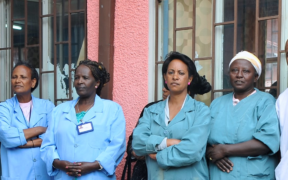Category:
Client-Centered Care
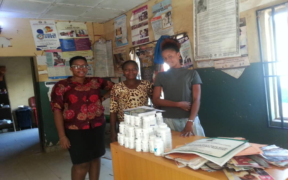
Parkers Mobile Clinic (PMC360) is a Nigerian non-profit organization. It brings integrated health care services, including reproductive health services, to the doorsteps of people in rural and remote areas. In this interview, Dr. Charles Umeh, the founder of Parkers Mobile Clinic, highlights the organization’s focus—tackling health inequality and overpopulation to improve population, health, and environmental outcomes.
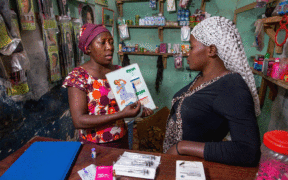
In July 2021, USAID’s Research for Scalable Solutions (R4S) project, led by FHI 360, released the Drug Shop Operators' Provision of Injectable Contraception manual. The handbook shows how drug shop operators can coordinate with the public health system to safely provide an expanded method mix that includes injectables, as well as training for clients on self-injection. The handbook was developed in Uganda in partnership with the National Drug Shop Task Team but can be adapted to various contexts in Sub-Saharan Africa and Asia. Knowledge SUCCESS’ contibuting writer Brian Mutebi talked to Fredrick Mubiru, Family Planning Technical Advisor at FHI 360 and one of the key resource persons involved in the development of the handbook, about its significance and why people should use it.

Human-Centered Design (HCD) is a relatively new approach towards transforming Sexual and Reproductive Health (SRH) outcomes for youth and adolescents. But what does "quality" look like when applying Human-Centered Design (HCD) to Adolescent Sexual and Reproductive Health (ASRH) programming?
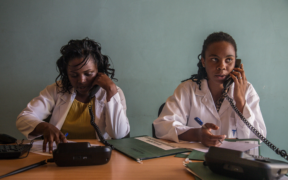
This article summarizes important findings from several Global Health: Science and Practice Journal articles that report on contraceptive method discontinuation and issues related to quality of care and counseling.
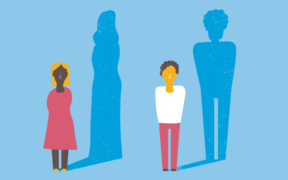
Le 18 mars, Knowledge SUCCESS & FP2030 a co-organisé la deuxième session de la troisième série de conversations de la série Connecting Conversations, Une solution unique ne convient pas à tous : les services de santé reproductive au sein du système de santé élargi doivent répondre aux divers besoins des jeunes. Cette session s'est concentrée sur la manière dont différents modèles de services au sein d'un système de santé peuvent répondre aux besoins de santé sexuelle et reproductive (SSR) de divers groupes de jeunes.

A major barrier to young people’s access and use of family planning is mistrust. This new tool leads providers and young potential clients through a process that addresses this barrier by fostering empathy, creating opportunities to improve youth family planning service delivery.
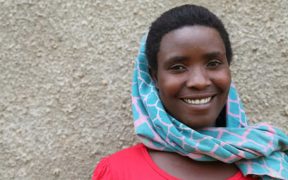
FHI 360’s Catherine Packer shares a personal perspective on DMPA-SC’s past ten years, from early research to recent workshops. Since its introduction—and particularly since it became available for self-injection—DMPA-SC has become an important part of the global family planning and reproductive health landscape.

On March 4, Knowledge SUCCESS & Family Planning 2030 (FP2030) hosted the first session in the third set of conversations in the Connecting Conversations series, One Size Does Not Fit All: Reproductive Health Services Within the Greater Health System Must Respond to Young People’s Diverse Needs.



